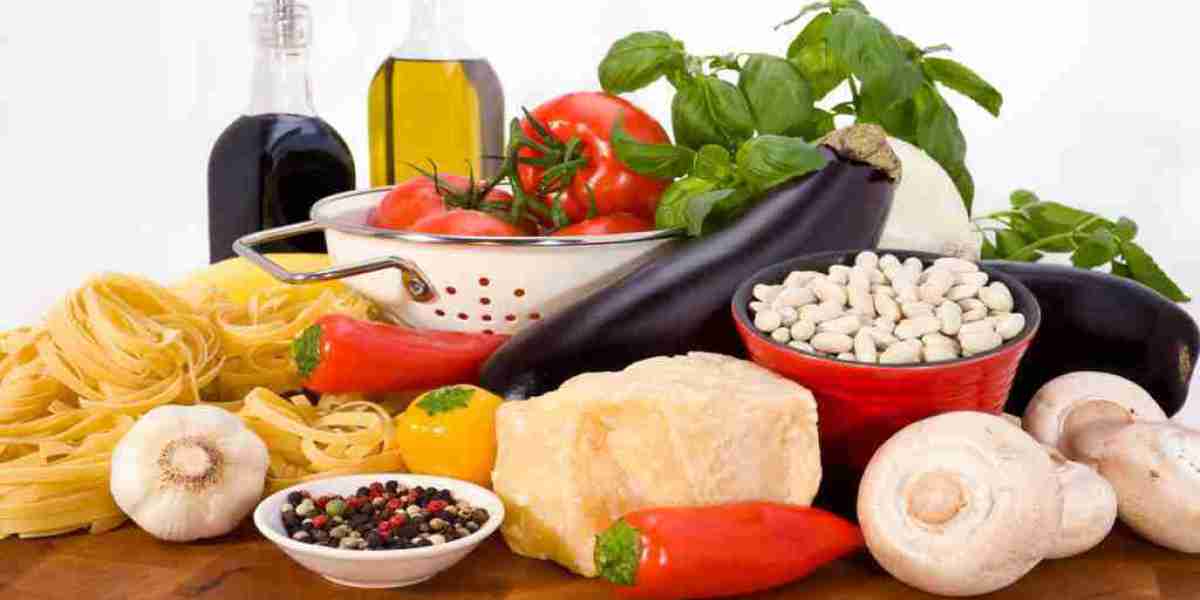food ingredient distributors are pivotal in ensuring the seamless operation of the food and beverage industry. Acting as intermediaries between ingredient manufacturers and food producers, they provide the raw materials necessary to create the diverse array of products found on store shelves and restaurant menus worldwide.
What Are Food Ingredient Distributors?
Food ingredient distributors source, store, and supply a broad range of ingredients to food manufacturers, caterers, and retailers. Their expertise lies in managing supply chains, ensuring quality, and providing reliable access to essential components required for food production.
Categories of Ingredients Supplied
Core Ingredients:
- Flour, sugar, salt, and cooking oils.
- Spices and herbs for flavoring.
Functional Ingredients:
- Preservatives to extend shelf life.
- Emulsifiers, stabilizers, and thickeners for improved texture.
Nutritional Additives:
- Plant-based proteins, vitamins, and minerals.
- Probiotics and prebiotics for health-focused products.
Specialty Ingredients:
- Organic, non-GMO, and clean-label products.
- Exotic spices, natural flavorings, and rare raw materials.
Key Roles of Food Ingredient Distributors
Supply Chain Management:
- Efficiently connecting global suppliers with local businesses.
- Ensuring timely delivery of ingredients to prevent production delays.
Quality Assurance:
- Adhering to strict food safety standards and certifications.
- Providing traceability for all ingredients sourced.
Customization:
- Creating proprietary blends or formulations tailored to client needs.
Market Insight:
- Offering guidance on trends and innovative ingredients to help businesses stay competitive.
Benefits of Working with Food Ingredient Distributors
- Convenience: Access to a wide range of ingredients through a single supplier.
- Cost-Effectiveness: Bulk purchasing and optimized logistics reduce costs.
- Expertise: In-depth knowledge of ingredient properties and regulatory requirements.
- Reliability: Consistent availability of high-quality ingredients.
Challenges Facing the Industry
Supply Chain Disruptions:
- Global events like pandemics and natural disasters can impact ingredient availability.
Regulatory Compliance:
- Navigating varying food safety laws across different regions.
Sustainability Pressures:
- Growing demand for ethically sourced and environmentally friendly ingredients.
Trends Shaping the Future
Sustainability Initiatives:
- Distributors are focusing on sourcing eco-friendly ingredients and reducing carbon footprints.
Digitalization:
- Blockchain technology and AI are improving traceability and operational efficiency.
Health and Wellness:
- Increased demand for natural, clean-label, and functional ingredients.
Local Sourcing:
- Preference for regional ingredients to support local economies and reduce transportation costs.
Conclusion
Food ingredient distributors are indispensable to the food industry, ensuring that manufacturers have the tools they need to innovate and thrive. By providing high-quality, compliant, and sustainable ingredients, they empower businesses to meet the evolving demands of consumers. As the industry grows, their role will become even more crucial in shaping the future of food.
Sincerely, Bemore



